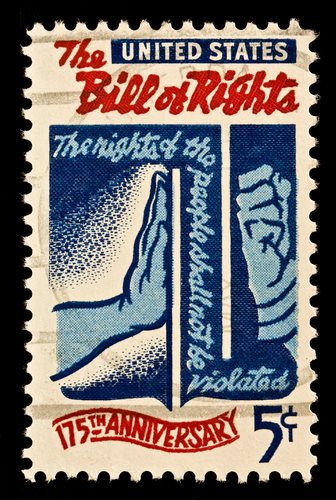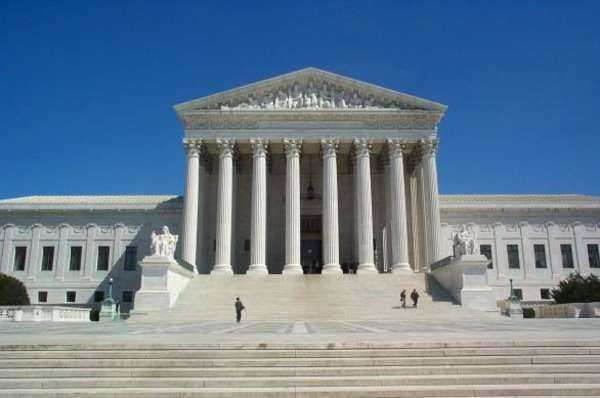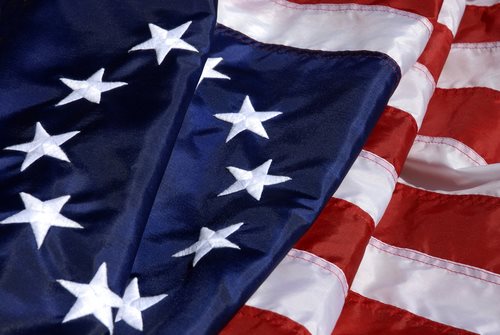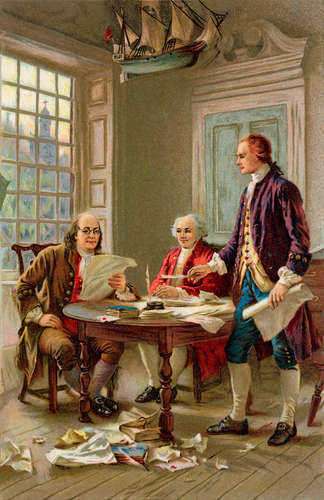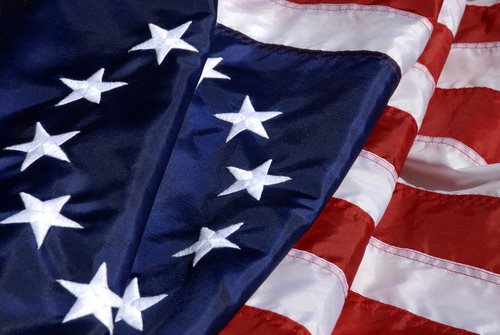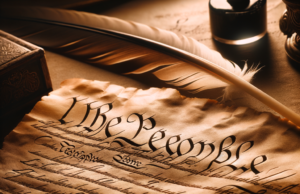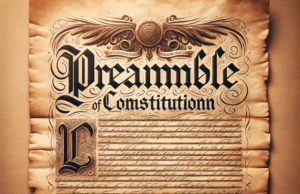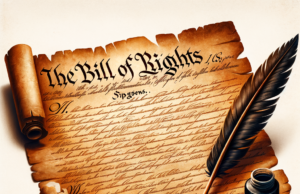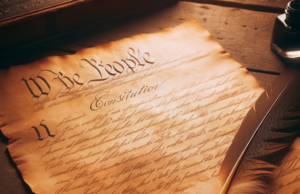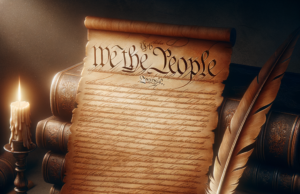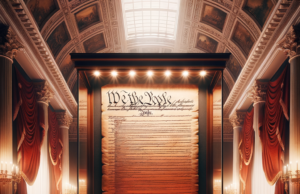Election Funding Ban: A Game-Changer for Democracy or a Dangerous Gamble?

As nations grapple with the integrity of their electoral processes, the recent introduction of an election funding ban has sparked a heated debate among policymakers, political analysts, and citizens alike. Advocates argue that such a ban could serve as a cornerstone for a more equitable democratic system, while critics warn that it may infringe upon fundamental rights to free speech and political expression. This article delves into the key provisions of the election funding ban, its historical context, potential benefits, criticisms, and its implications for the future of democracy.
Understanding the Election Funding Ban: Key Provisions and Implications
The election funding ban aims to regulate the flow of money into political campaigns, limiting contributions from corporations, unions, and foreign entities. Key provisions include strict caps on individual donations, mandatory disclosure of funding sources, and penalties for non-compliance. Proponents argue that these measures will reduce the influence of money in politics, ensuring that candidates are accountable to their constituents rather than to wealthy donors. However, the implications of such a ban extend beyond financial regulation; they touch on the very fabric of democratic participation, raising questions about who gets to participate in the political process and how.
The Historical Context of Election Funding: A Shift Towards Regulation
Historically, election funding has been a contentious issue, with various reforms introduced in response to public outcry over corruption and undue influence. The Watergate scandal in the 1970s led to the establishment of the Federal Election Commission (FEC) and the introduction of campaign finance laws aimed at increasing transparency. However, subsequent Supreme Court rulings, such as Citizens United v. FEC in 2010, have significantly weakened these regulations, allowing for unlimited contributions from corporations and unions. This shift towards deregulation has prompted renewed calls for stricter controls, culminating in the recent election funding ban as a potential remedy to restore public trust in the electoral process.
Potential Benefits of the Ban: Enhancing Fairness and Transparency in Elections
Supporters of the election funding ban argue that it could enhance fairness and transparency in elections by leveling the playing field for candidates. With reduced reliance on large donations, candidates may be more inclined to engage with grassroots supporters and address the concerns of average voters. Additionally, the mandatory disclosure of funding sources aims to illuminate the often opaque world of campaign financing, allowing voters to make informed decisions about the candidates they support. By mitigating the influence of money in politics, the ban could foster a more inclusive democratic environment where every voice has the potential to be heard.
Criticisms of the Ban: Concerns Over Free Speech and Political Expression
Despite its potential benefits, the election funding ban has faced significant criticism, particularly regarding its implications for free speech and political expression. Opponents argue that limiting financial contributions infringes on the First Amendment rights of individuals and organizations to express their political beliefs. They contend that money is a form of speech, and restricting it could stifle political discourse and diminish the ability of candidates to communicate their messages effectively. Critics also warn that the ban may inadvertently favor well-funded incumbents who have established networks and resources, thereby entrenching existing power dynamics rather than disrupting them.
Case Studies: How Similar Bans Have Impacted Democracies Worldwide
Examining case studies from various democracies that have implemented similar funding bans provides valuable insights into the potential outcomes of such regulations. In Canada, for instance, strict limits on campaign contributions have been credited with reducing the influence of money in politics and fostering a more equitable electoral landscape. Conversely, in countries like Mexico, where funding regulations have been inconsistently enforced, the bans have failed to curb corruption and have sometimes led to the emergence of alternative, unregulated funding sources. These examples highlight the importance of robust enforcement mechanisms and the need for a comprehensive approach to campaign finance reform to ensure that funding bans achieve their intended goals.
The Future of Democracy: Balancing Regulation and Political Participation
As the debate surrounding the election funding ban unfolds, the challenge lies in finding a balance between necessary regulation and the preservation of political participation. While the ban aims to enhance the integrity of elections, it is crucial to ensure that it does not inadvertently disenfranchise voters or limit the diversity of voices in the political arena. Policymakers must consider alternative solutions, such as public financing of campaigns or innovative funding models that promote grassroots engagement, to complement the ban. Ultimately, the future of democracy depends on creating an electoral system that is both fair and inclusive, allowing for robust political expression while safeguarding against the corrosive effects of money in politics.
The election funding ban presents a pivotal moment in the ongoing struggle to define the relationship between money and politics. As nations navigate the complexities of democratic governance, the implications of this ban will resonate far beyond the electoral cycle, shaping the landscape of political engagement for years to come. Whether viewed as a game-changer for democracy or a dangerous gamble, the discourse surrounding election funding will undoubtedly continue to evolve, reflecting the values and priorities of society as a whole.





